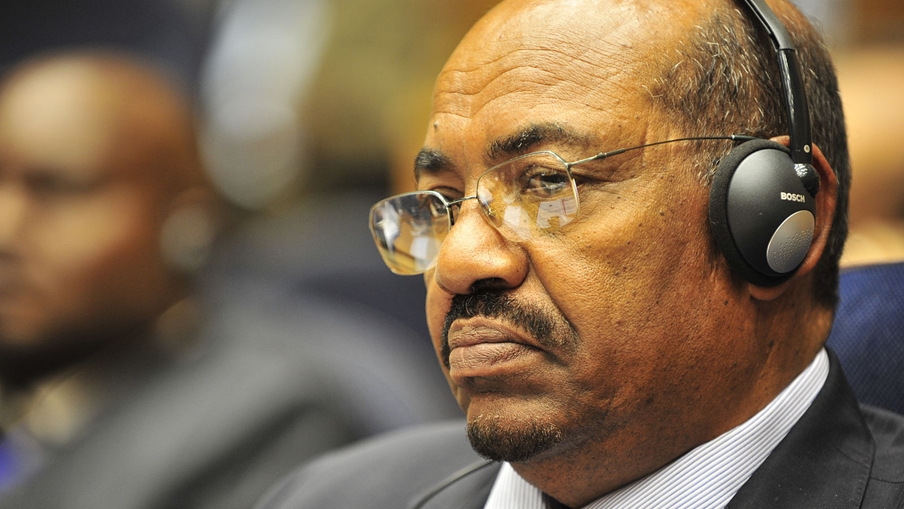Sudan’s President, Omar al-Bashir, was arrested and removed from power, Defense Minister Awad ibn Auf announced on state television on Thursday.
The arrest comes after months of protests, first against the rising cost of bread and later against Bashir himself who had led the country since 1989. Bashir was mostly isolated as an international figure; he faces charges of genocide and war crimes at the International Criminal Court. A transitional military council will run the country for two years, the defense minister said.
The U.S. in 2017 revoked most of its sanctions on Sudan, removing more than 150 companies identified as government property from its blacklist in the process. However, some sanctions measures remain in place: Sudan is still on the U.S. list of state sponsors of terrorism, and sanctions related to the military sector and human-rights violations in Darfur are still in force.
Ibn Auf was sanctioned in 2007 for supporting and managing militias accused of carrying out the genocide in Darfur. "His appearance made him the face of military rule, and the general is likely to become the country’s formal leader,” the AP reported Thursday, adding that the makeup of the military council had yet to be announced.
The West urged a rapid transition to civilian rule, with the EU calling for a “swift” handover and the U.S. pushing for civilians to be brought into a new “inclusive” government, according to tweets by AFP.
Khartoum had anticipated that the lifting of sanctions would lead to a significant jump in foreign investment, but that hasn’t happened. The U.S. State Department, in a July 2018 report on the Sudanese investment climate, blamed endemic corruption, infrastructure problems and economic fragility for the lack of investment and trade. Banks and foreign investors balked at sending funds to Sudan, in part because of the continued state sponsor of terror listing, according to a Reuters report.
Talks with the U.S. on removing that listing had reached a second phase in November 2018, according to a State Department press release and quotes from Sudan’s foreign ministry cited by Reuters. However, in the months since, progress appeared to break down, as the U.S. designated Sudan as a state engaging in or tolerating “egregious violations of religious freedom,” and Washington expressed concern in January about the Sudanese government’s response to the rising protests.
